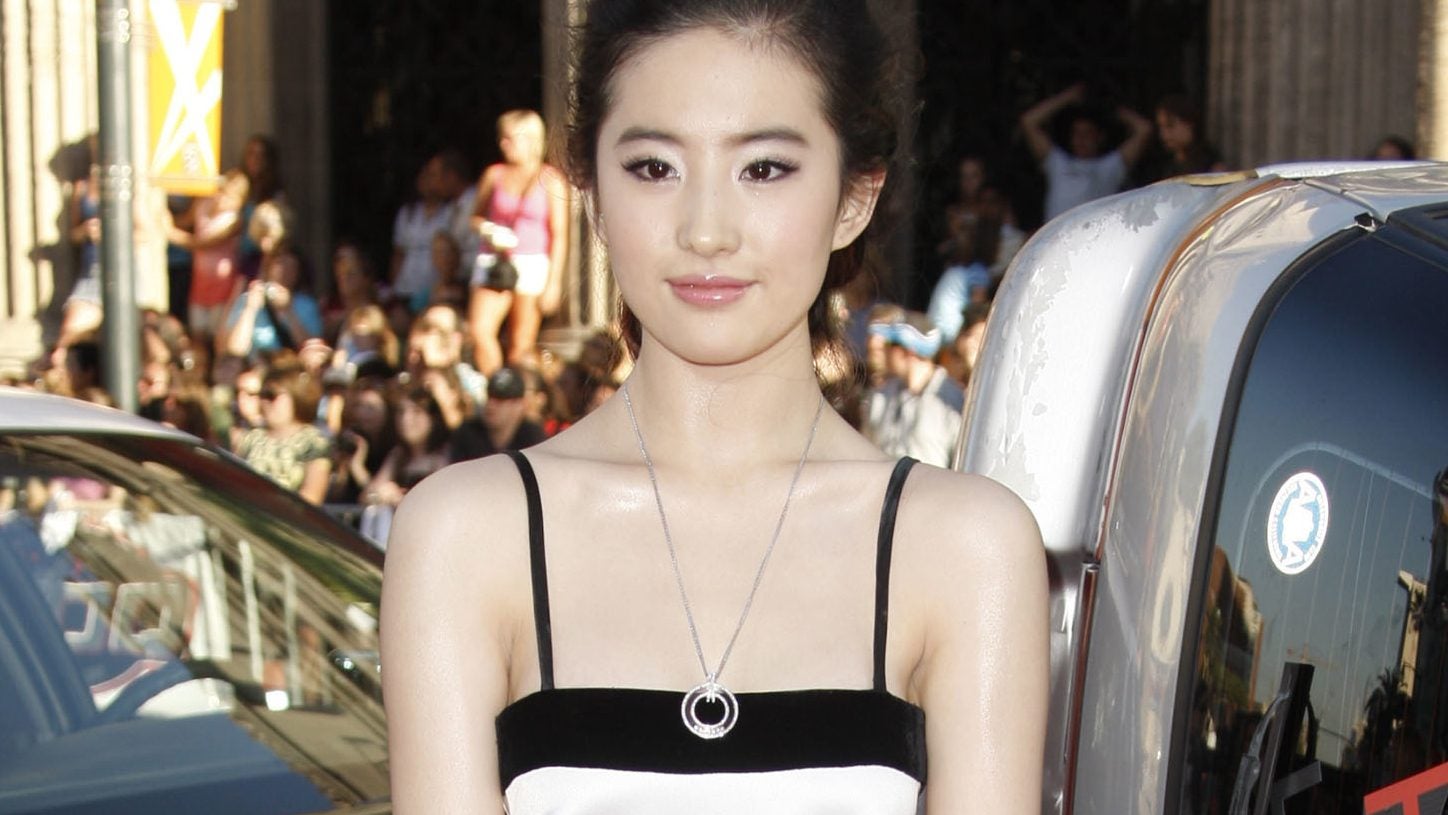Disney’s “Mulan” is not the feminist Mulan Chinese girls recognize
“I will bring honor to us all.” That’s the powerful pledge made by Mulan to her family after being told she must enter an arranged marriage, in a teaser trailer released this week for Disney’s remake of its 1998 animated movie of the same title.


“I will bring honor to us all.” That’s the powerful pledge made by Mulan to her family after being told she must enter an arranged marriage, in a teaser trailer released this week for Disney’s remake of its 1998 animated movie of the same title.
Mulan tells the story of the Chinese heroine’s decision to disguise herself as a man so that she can take the place of her ailing father after he is called up to join the army. The 1998 animated film was hugely popular on its release in the US, grossing $304 million, and earning an Oscar nomination for best music. The live-action remake, starring 31-year-old Chinese-American actress Liu Yifei, is scheduled to be released in the US next March.
But the movie trailer reveals a storyline that diverges from the Ballad of Mulan, the famous, centuries-old poem on which the film is based, and the main way Chinese audiences have traditionally learnt about the character, and about the importance of female power.
The teaser trailer shows Mulan’s parents excitedly telling saying they’ve found her a partner, and depicts a matchmaker dressing Mulan up, and extolling the qualities of a good wife—quiet, composed, graceful, and disciplined—juxtaposed with scenes of Mulan as a soldier. Its focus on Mulan’s arranged marriage suggests it contributed to the character’s decision to join the army. The animated film similarly depicted Mulan meeting with a matchmaker.
But the Ballad of Mulan does not mention arranged marriage at all. The famous poem was composed during the fourth century Wei Jin, Southern and Northern dynasties—when ancient China was undergoing a series of wars among different ethnicities. At the time, changing cultural norms (link in Chinese) encouraged more freedom and liberal rights for women, in contrast with traditional Confucian theories that encouraged the idea that men were more prestigious (link in Chinese).
In the ballad, Mulan serves alongside men for twelve years before her gender is discovered. “The male rabbit normally hops and runs, while the female sits and stares. But both flee fast when danger threatens,” Mulan tells her fellow soldiers in the poem after her identity is revealed. “How can one tell whether they are male or female then?”
For generations, young Chinese students have been taught to recite the 400-word poem as a lesson in the importance of family, female power, and the belief that women are also capable of pursuing their own dreams. They learn that Mulan is not running away from her female identity, but instead embracing herself as equal to a man.
Chinese film adaptions of the ballad have included romantic subplots in the past. And the live-action movie is expected to follow the plotline of Mulan joining the army to replace her father. Still, people in China aren’t taking the trailer’s focus on arranged marriage well, with some saying it is misleading. “The trailer makes it look like a marriage journal,” one viewer wrote (link in Chinese) on social media Weibo.
“In the Ballad, there’s no word suggesting that she doesn’t want to be female. She disguised [herself] out of sacrifice and for the country,” read a post (link in Chinese) by Weibo user Bing She Bi Xia. “It’s not about she quitting her female identity or fighting against patriarchy.” Another wrote, “The Ballad story first is conveying China’s piety, then nationalism, and the self-empowerment of [the] female…”
The 1998 film only arrived in China a year later, thanks to a ban on Disney products over a film about exiled Tibetan spiritual leader Dalai Lama. It was a flop. Audiences criticized the character’s looks (link in Chinese) and the film’s detraction from folklore.
It’s unclear if the live-action remake will come to China. Audiences there have become increasingly sensitive to, and critical of, Hollywood productions whitewashing Asian storylines, and using Asian characters to deliver Western values.
Regardless of the film’s storyline, the Ballad of Mulan’s message of what strong, independent women are capable of continues to resonate for people in China: